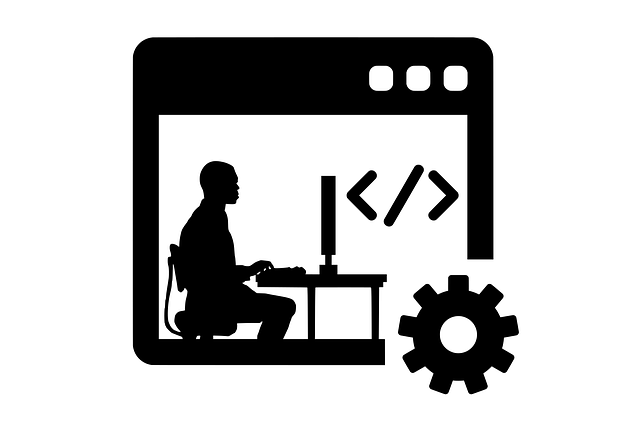SELECT * FROM Employee ORDER BY last_name DESC LIMIT 3;
What is a Coding Assistant?
Coding assistants, like Microsoft Copilot for example, are AI models trained on large volums of code and documentation. These advanced AI models can write pieces of code for you, in many languages. They can also document your code automatically, write tests for you, advise you about specific design and architecture questions, debug your program... and more!
Generative AI models like ChatGPT, GPT-3.5, GPT-4, LLaMA 2, Yi 34B, and Mixtral 8x7B are very good at generative code, writing documentation, and explaining code.
Here is an example. At NLP Cloud we have a customer who wanted to set up a SQL coding assistant for their collaborators. Thanks to our code generation models, non-technical collaborators can now make request on the database without any specific SQL skills. Let's say somone in the marketing team asks the following: Fetch three employees from the Employee table. The AI model will return the following:
Code generation works very well in popular languages like Javascript, Python, HTML/CSS... but they are also very impressive in tons of other languages like Go, Ruby, PHP, Java, C++,...
LLaMA 2, Yi 34B, Mixtral 8x7B, and ChatDolphin are advanced alternatives to GPT-4, ChatGPT, and Codex by OpenAI, and to Copilot by Microsoft. These models are so complex that they can adapt to many situations, and boost the productivity of the development team. Non-programmers can also dramatically benefit from coding assistants. For advanced use cases, it is possible to fine-tune AI models (train them on your own code or documentation), which is a very good way to get a code generation application that is perfectly tailored to your company/product/industry.
